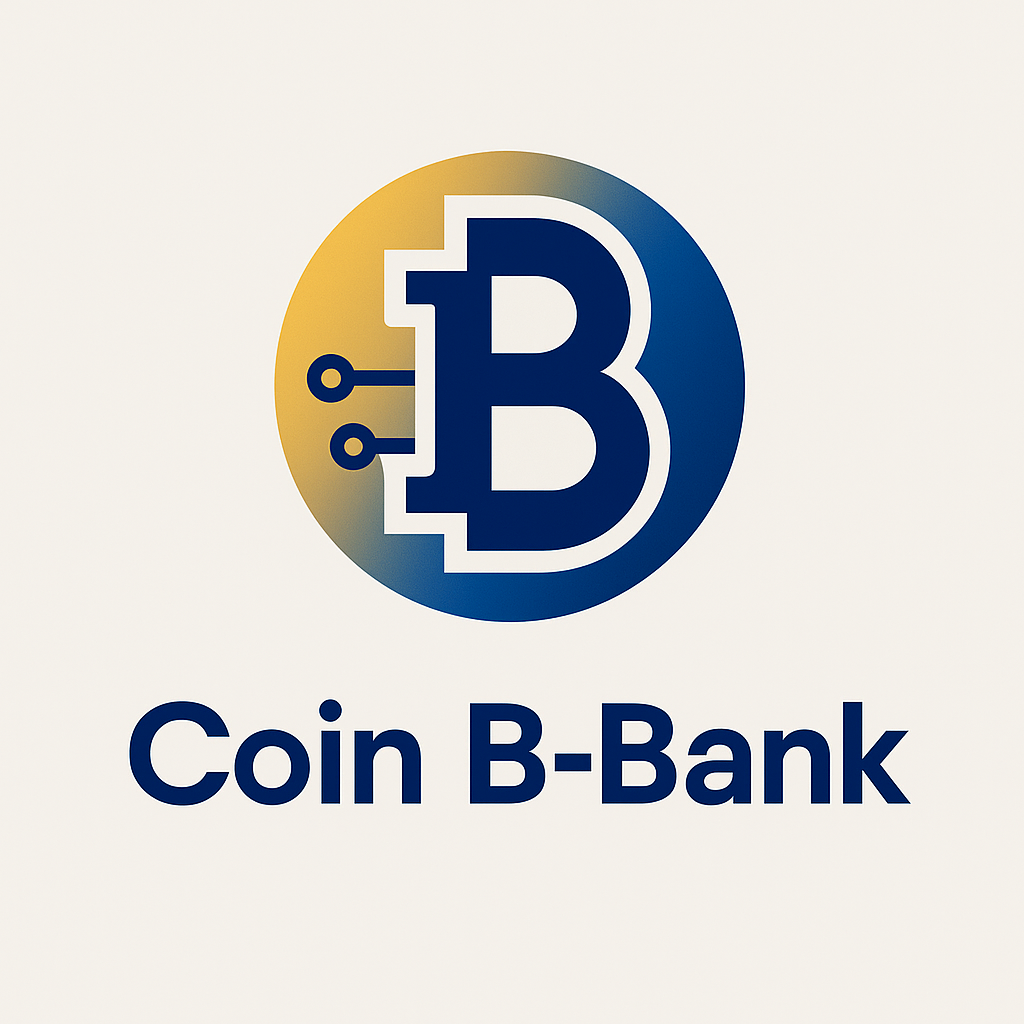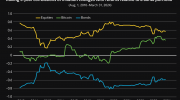As the cryptocurrency market continues to expand, various digital assets are emerging, and among them is Bitkub Coin. This guide will provide a comprehensive overview of Bitkub Coin, how to trade it, and the strategies you can employ to maximize your trading potential.
What is Bitkub Coin?
Bitkub Coin (KUB) is the native cryptocurrency of the Bitkub Exchange, one of Thailand’s leading cryptocurrency trading platforms. Launched in 2018, Bitkub has gained significant traction in the Thai market, promoting the use of digital assets and blockchain technology.
Key Features of Bitkub Coin
- Utility Token: KUB is used for various functionalities within the Bitkub ecosystem, including trading fee discounts and participation in platform governance.
- Liquidity: Being part of a well-established exchange, KUB enjoys high liquidity, making it easier for traders to buy and sell.
- Growth Potential: With the increasing adoption of cryptocurrencies in Thailand, KUB has significant growth potential.
How to Trade Bitkub Coin?
Trading Bitkub Coin involves several steps, from creating an account on the exchange to executing trades. Below is a step-by-step guide:
1. Create an Account
To begin trading Bitkub Coin, you need to create an account on the Bitkub Exchange:
- Visit the Bitkub website.
- Click on the “Sign Up” button.
- Fill in the required personal information.
- Verify your identity as part of the KYC (Know Your Customer) process.
- Fund your account with fiat currency or other cryptocurrencies.
2. Understanding the Trading Interface
Once your account is set up, familiarize yourself with the trading interface:
- Market Data: Observe real-time price charts, trading volume, and order books.
- Order Types: Learn about market orders, limit orders, and stop orders.
- Wallet Section: Check your KUB balance and manage your funds.
3. Placing a Trade
To trade Bitkub Coin, follow these steps:
- Select the KUB trading pair (e.g., KUB/THB).
- Choose the type of order you wish to place.
- Enter the amount of KUB you want to buy or sell.
- Review your order and confirm the trade.
Trading Strategies for Bitkub Coin
To maximize your trading success with Bitkub Coin, consider the following strategies:
1. Fundamental Analysis
Stay informed about the latest news and developments in the cryptocurrency market, especially those affecting Bitkub and its ecosystem.
2. Technical Analysis
Utilize chart patterns, technical indicators, and trading volume analysis to make informed trading decisions.
3. Risk Management
Implement stop-loss orders to minimize potential losses. Always trade with an amount you can afford to lose.
Bitkub Coin presents a promising opportunity for traders looking to enter the cryptocurrency market, particularly in Thailand. By understanding the trading process and employing effective strategies, you can enhance your trading experience and potentially achieve profitable outcomes.
Remember to stay updated with market trends and continuously educate yourself about trading practices to navigate the dynamic world of cryptocurrencies successfully.
Where to Store Bitkub Coin
Securing your Bitkub Coin is an essential aspect of cryptocurrency trading. Here are some storage options you can consider:
1. Exchange Wallet
Your Bitkub Coin can be stored in the wallet provided by the Bitkub Exchange. While this is convenient for trading, it is advisable to withdraw your funds to a more secure wallet for long-term storage.
2. Software Wallets
Software wallets, also known as hot wallets, are applications that can be downloaded on your computer or mobile device. They offer a balance between accessibility and security. Popular software wallets include:
- Exodus
- Atomic Wallet
- Trust Wallet
3. Hardware Wallets
For enhanced security, consider using a hardware wallet. These are physical devices that store your cryptocurrency offline, making them less vulnerable to hacks. Some popular hardware wallets include:
- Ledger Nano S
- Trezor Model T
4. Paper Wallets
A paper wallet is a physical printout of your wallet’s private and public keys. While this method is secure from online threats, it carries risks such as loss or damage. Always keep your paper wallet in a safe place.
Tax Implications of Trading Bitkub Coin
As with any investment, trading cryptocurrencies like Bitkub Coin has tax implications. It is crucial to understand how your trading activities may be taxed in your jurisdiction:
1. Reporting Gains and Losses
Most countries require you to report your capital gains and losses when you sell or trade cryptocurrencies. Keep detailed records of your transactions, including dates, amounts, and the value of KUB at the time of each trade.
2. Holding Periods
In some jurisdictions, the tax rate may vary depending on how long you hold your cryptocurrency. Familiarize yourself with the holding period rules to optimize your tax strategy.
3. Consult a Tax Professional
If you’re unsure about the tax implications of your trading activities, consider consulting a tax professional who specializes in cryptocurrency. They can provide guidance tailored to your specific situation.
Community and Support
Engaging with the Bitkub community can provide valuable insights and support. Here are some ways to connect:
1. Social Media
Follow Bitkub on social media platforms like Twitter, Facebook, and Telegram to stay updated on news, events, and community discussions.
2. Forums and Groups
Participate in online forums and groups dedicated to cryptocurrency trading, such as Reddit or specialized Discord channels. These platforms can be excellent resources for sharing strategies and learning from experienced traders.
3. Educational Resources
Take advantage of the educational resources offered by Bitkub and other platforms; These may include webinars, tutorials, and articles that can enhance your trading knowledge and skills.
Final Thoughts
Trading Bitkub Coin offers exciting opportunities in the growing cryptocurrency market, particularly in Thailand. By understanding the trading process, securing your assets, and staying informed about market trends, you can position yourself for success. Always remember to trade responsibly, continue your education, and adapt your strategies as the market evolves.










